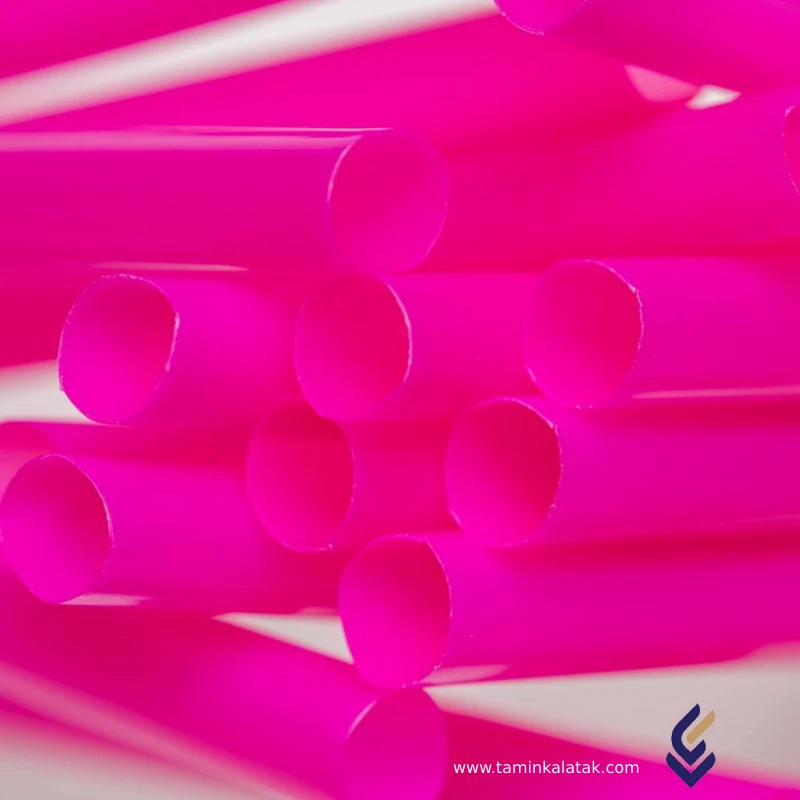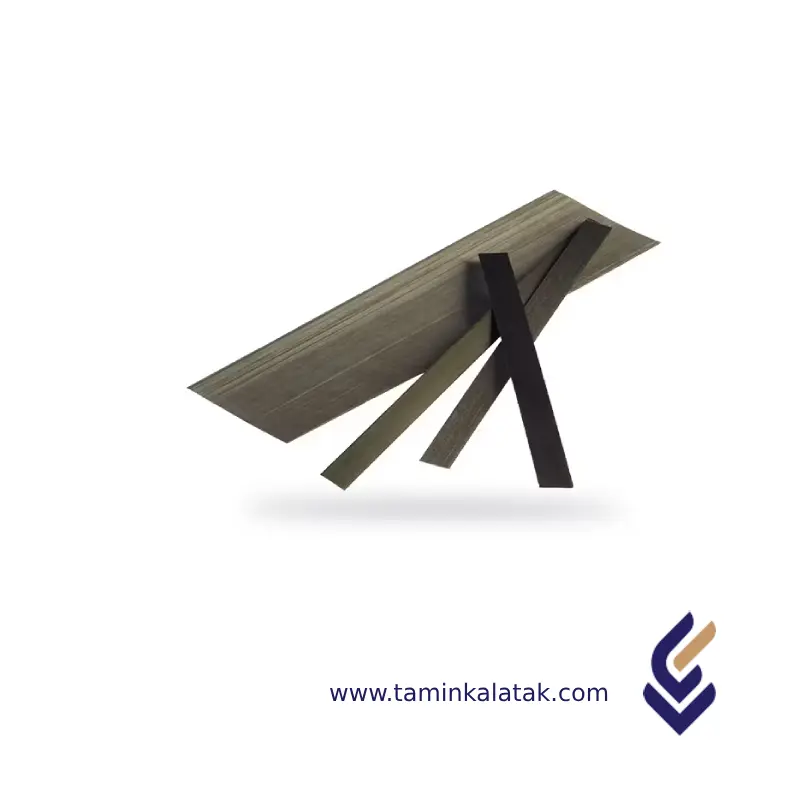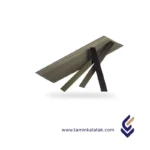Polymers are made up of very large molecules made up of many repeating units called monomers, which ultimately form this long polymer chain
A thermoplastic is a type of plastic polymer that becomes moldable or flexible at a certain temperature and solidifies upon cooling. This property allows it to be repeatedly softened by heating and hardened by cooling without significant chemical change.
PolyArylEtherKetone (PAEK)
PolyArylEtherKetone (PAEK) is a family of high-performance, semi-crystalline thermoplastics known for their excellent mechanical properties, thermal stability, and chemical resistance. These polymers contain aromatic rings connected by ether (-O-) and ketone (-CO-) linkages, which contribute to their strength and durability.
Structure
The structure of PolyArylEtherKetone (PAEK) consists of a repeating backbone of aromatic rings (aryl groups) connected by ether (-O-) and ketone (-CO-) linkages. These alternating ether and ketone groups provide a unique combination of flexibility and rigidity, contributing to the polymer’s high thermal stability, chemical resistance, and mechanical strength. The presence of aromatic rings enhances structural integrity, making the polymer highly resistant to degradation under extreme conditions. The ether linkages add flexibility to the molecular chain, improving processability, while the ketone groups increase the polymer’s resistance to heat and oxidation. The semi-crystalline nature of PAEK arises from the ability of the polymer chains to pack efficiently in an ordered manner, leading to excellent wear resistance and high mechanical performance. Different types of PAEK, such as PEEK, PEK, and PEKK, vary in the arrangement and proportion of these functional groups, influencing their thermal and mechanical properties. This unique molecular structure makes PAEK an ideal choice for high-performance applications in aerospace, medical, automotive, and industrial sectors.
Properties
PolyArylEtherKetone (PAEK) is a high-performance, semi-crystalline thermoplastic known for its exceptional mechanical, thermal, and chemical properties. It exhibits excellent strength, stiffness, and wear resistance, making it ideal for demanding applications in aerospace, automotive, medical, and oil and gas industries. PAEK has outstanding thermal stability, withstanding continuous use temperatures of up to 250°C, while also demonstrating remarkable resistance to chemicals, including acids, bases, and organic solvents. It possesses low moisture absorption, ensuring dimensional stability even in humid environments. Furthermore, PAEK offers excellent fatigue resistance, making it suitable for long-term load-bearing applications. Its inherent flame retardancy and low smoke emission enhance safety in high-temperature environments. Additionally, PAEK maintains excellent electrical insulation properties, making it valuable for electronic and electrical applications. These unique characteristics make PAEK an advanced material choice for extreme engineering conditions.
Applications of PolyArylEtherKetone (PAEK):
- Aerospace & Automotive: Used in structural components, bearings, and bushings due to its lightweight, high strength, and temperature resistance.
- Medical Devices: Ideal for implants, surgical instruments, and dental components due to biocompatibility and sterilization resistance.
- Oil & Gas Industry: Used in seals, valves, and insulators for its excellent chemical and high-temperature resistance.
- Electronics & Electrical: Utilized in connectors, insulators, and semiconductor manufacturing for its electrical insulation and heat resistance.
- Industrial & Manufacturing: Used in gears, pumps, and wear-resistant parts due to its high mechanical strength and low friction.
Advantages of PolyArylEtherKetone (PAEK):
- High Thermal Stability: Can withstand continuous temperatures up to 250°C.
- Excellent Mechanical Properties: High strength, stiffness, and impact resistance.
- Chemical Resistance: Withstands harsh chemicals, acids, and solvents.
- Low Moisture Absorption: Ensures dimensional stability in humid environments.
- Good Wear & Fatigue Resistance: Ideal for long-term, high-load applications.
- Flame Retardant & Low Smoke Emission: Enhances safety in high-temperature applications.
- Biocompatibility: Suitable for medical implants and surgical devices.
Disadvantages of PolyArylEtherKetone (PAEK):
- High Cost: More expensive than conventional plastics and some high-performance polymers.
- Difficult Processing: Requires high temperatures and specialized equipment for manufacturing.
- Limited Availability: Not as widely produced as other engineering plastics, leading to supply constraints.
- Brittleness at Low Temperatures: Can become less impact-resistant in extreme cold conditions.
Applications
| Applications | , , , , |
|---|
PAEK
| Products | MFI (g/10 min) | Density (g/Cm3) | Process Method | Applications | Data Sheet | MSDS |
|---|---|---|---|---|---|---|
| PAEK | 3–20 | 1.30–1.35 | Injection Molding Extrusion Compression Molding CNC Machining 3D Printing | Structural components, engine parts, Implants, surgical tools, and prosthetics High-performance seals, gaskets, pipelines for harsh environments Insulators, circuit boards, Bearings, gears, pumps, a |










